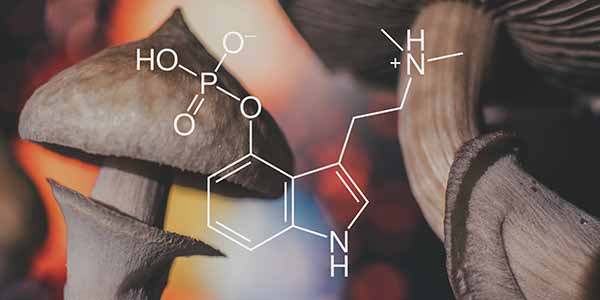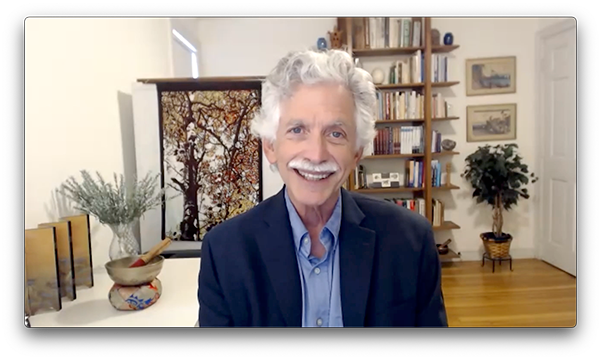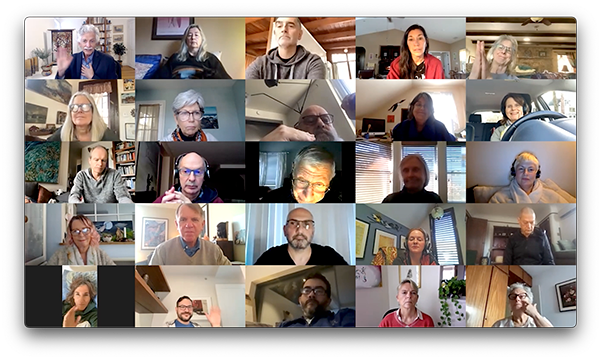Ever since Freud, psychotherapists have worked with non-ordinary states such as dreams, hypnosis, and free association to explore and heal the heart and mind.
In the past decade mindfulness and compassion practices have become mainstream tools, while more recently research on psychedelic-assisted psychotherapy (PAP) has mushroomed. Psychedelics, often combined with insights from mindfulness and compassion practices, now offer not only possible breakthrough treatments for PTSD, depression, addictions, and end-of-life anxiety, but provide new insights into the nature of psychological distress and mechanisms of healing.
What can clinicians learn from these developments? What can they teach us about the neurobiology of human suffering and flourishing? How can they inform our psychotherapeutic practice?








